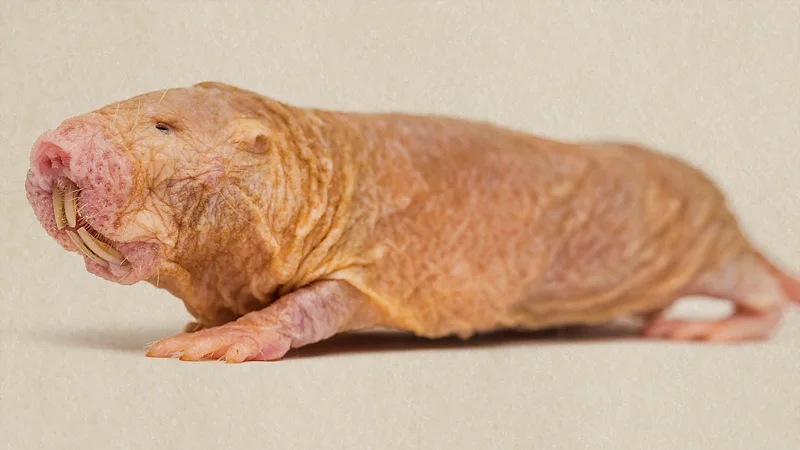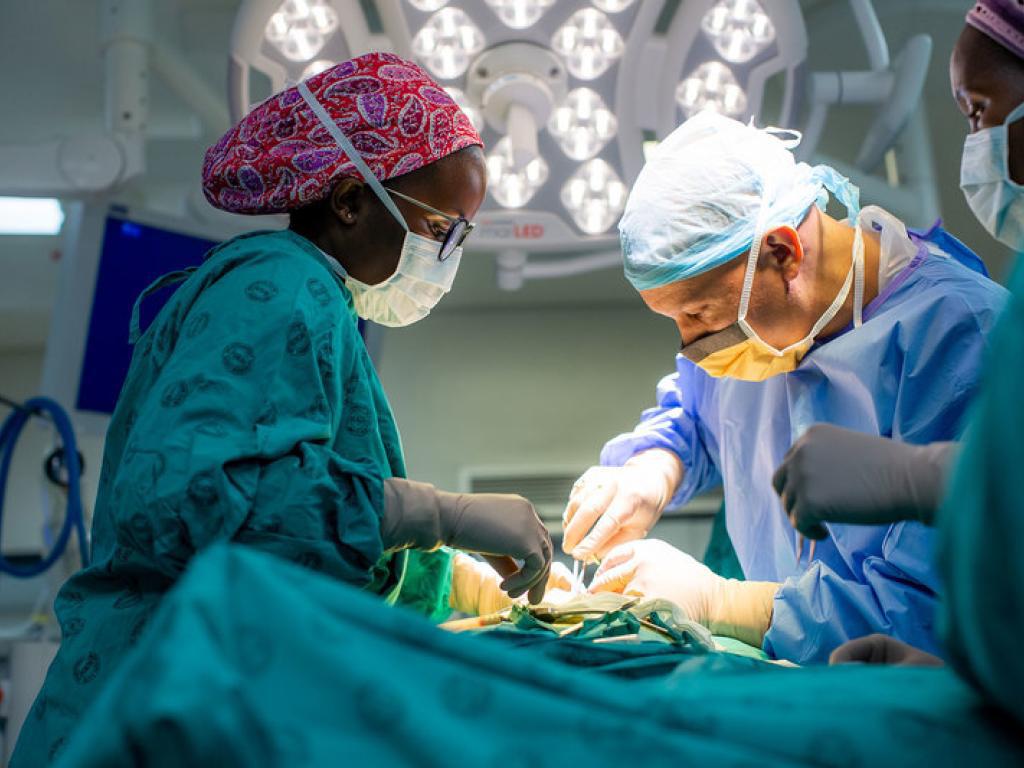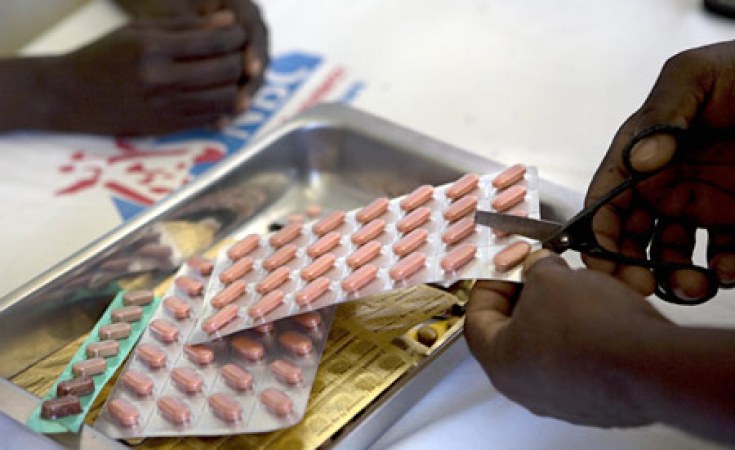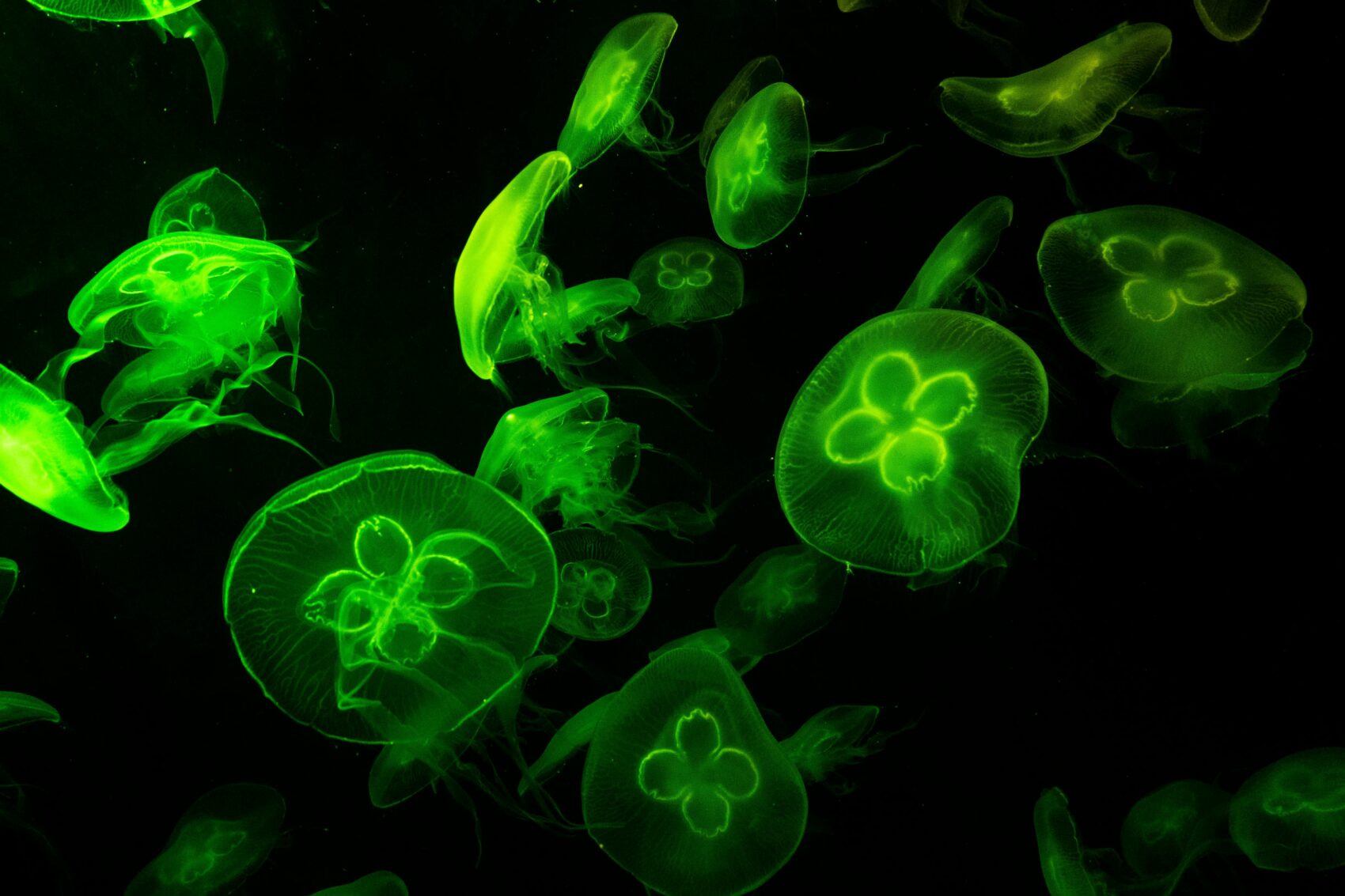Key Points:
- University of Pretoria (UP) researchers have found that the indigenous Aloe marlothii plant could impede the life cycle of the malaria-carrying parasite Plasmodium falciparum.
- The study, published in the Journal of Ethnopharmacology, reveals that natural active ingredients in the aloe's roots have anti-plasmodial properties.
- This discovery could lead to the development of drugs that prevent malaria transmission by targeting all stages of the parasite's life cycle, including the sexual forms
- UP's biodiscovery centre hosts a repository of over 11,000 plant samples, providing a rich resource for natural product research.
- The research highlights the potential of African biodiversity in solving major health challenges like malaria, which disproportionately affects the continent.
Breakthrough in Malaria Research
Researchers at the University of Pretoria (UP) have made a significant stride towards finding a drug that could prevent the transmission of the malaria-carrying parasite Plasmodium falciparum. The study, led by PhD candidate Sephora Mianda Mutombo from UP’s Department of Chemistry, investigated the indigenous succulent Aloe marlothii for its ability to kill or stop the proliferation of malaria parasites.
The research team discovered that natural active ingredients in the roots of this aloe species have anti-plasmodial properties. These compounds have shown potential to kill all phases of the Plasmodium falciparum parasite and block its transmission, a crucial finding in the fight against malaria.
Understanding the Parasite's Life Cycle
Mutombo explains the complexity of the malaria parasite’s life cycle: “The parasite that causes malaria has a very complex life cycle, which occurs in two hosts: humans and Anopheles mosquitoes. In humans, the parasite goes through distinctive stages of development in the liver, then the bloodstream by infecting red blood cells.”
A key aspect of this research is its focus on the sexual forms of the parasite, known as gametocytes. Most current antimalarial drugs target only the asexual stages of the parasites, leaving the possibility for treated individuals to still transmit the parasite to mosquitoes.
“To contribute to the eradication of malaria, we need compounds that will kill the sexual forms of the parasites, thereby preventing the transmission of Plasmodium from humans to mosquitoes,” Mutombo emphasizes.
Leveraging African Biodiversity
The study underscores the rich potential of Southern Africa’s biodiversity in addressing global health challenges. Professor Vinesh Maharaj, Deputy Dean of Research and Postgraduate Education at UP’s Faculty of Natural and Agricultural Sciences and a co-author of the study, highlights the significance of this research for Africa:
“The huge burden of malaria cases and death is carried by the African region, and accounts for about 95% of malaria cases and 96% of malaria deaths. Sadly, children under five years old make up an estimated 80% of all malaria deaths. Clearly this is an African problem and as Africans, we would like to contribute to the solution.”
New Approaches to Malaria Prevention
UP’s biodiscovery centre plays a crucial role in this research. It hosts a plant materials repository containing more than 11,000 plant samples systematically collected throughout South Africa. This extensive collection forms the basis of a natural product library, providing researchers with a vast array of samples for biological screening against diseases like malaria.
Mutombo’s work utilized 300 samples from this library, employing modern technologies to rapidly identify antimalarial drug candidates. This approach exemplifies the potential of combining traditional knowledge with cutting-edge scientific methods to address pressing health issues.
While this discovery marks a significant step forward, the journey from laboratory findings to approved treatments is long and complex. As Prof Maharaj notes, out of every 10,000 samples, typically only one is approved by the US Food and Drug Administration as a drug or pharmaceutical.
However, the potential impact of this research cannot be overstated. With malaria continuing to be one of the most severe public health problems worldwide, especially in Africa, the development of new, effective treatments is crucial. The WHO’s latest malaria report indicates that in 2021, there were 247 million cases of malaria globally, with four African countries accounting for half of all malaria-related deaths.
This research not only offers hope for more effective malaria treatments but also showcases the importance of African-led solutions to African health challenges. As the study progresses, it could pave the way for new approaches to malaria prevention and treatment, potentially saving millions of lives across the continent and beyond.
Frequently Asked Questions (FAQ)
The Aloe marlothii plant contains natural ingredients that show potential to kill all stages of the malaria-causing parasite and block its transmission.
This study focuses on targeting both asexual and sexual forms of the parasite, potentially preventing transmission even after treatment.
UP's biodiscovery centre provides a vast repository of plant samples, enabling researchers to screen a wide range of natural compounds for potential medicinal properties.
Africa bears the largest burden of malaria cases and deaths globally, making locally-driven solutions crucial for addressing this health challenge.
Further studies and clinical trials will be necessary to develop these findings into approved treatments for malaria.
To stay updated on innovative research initiatives in Africa, subscribe to the AfricaLive newsletter.
Share
Search by Category
Related Stories
Subscribe to the Future of Africa newsletter here.
You will hear once per month directly from African CEOs and international investors shaping the future of sustainable African development.














